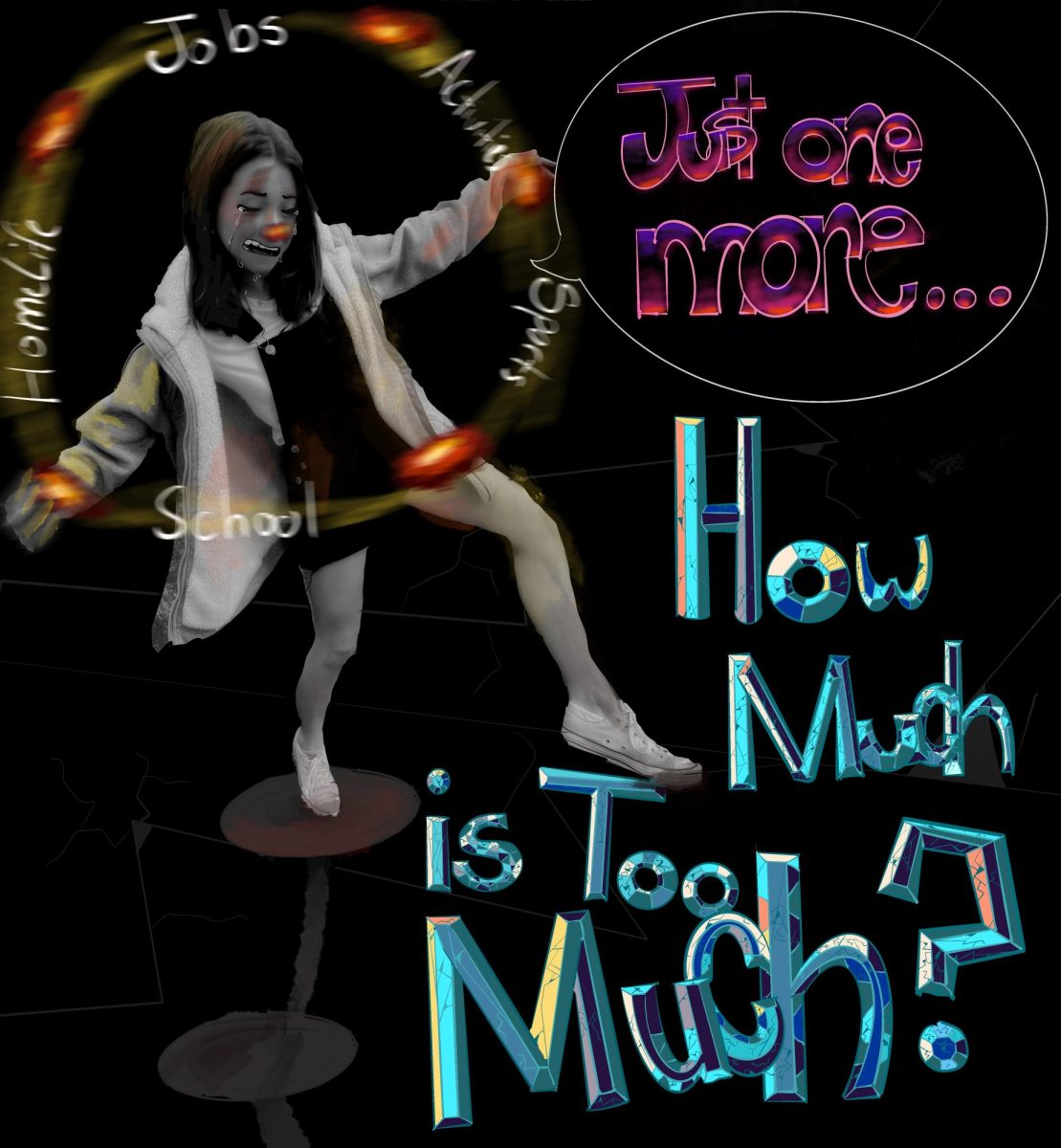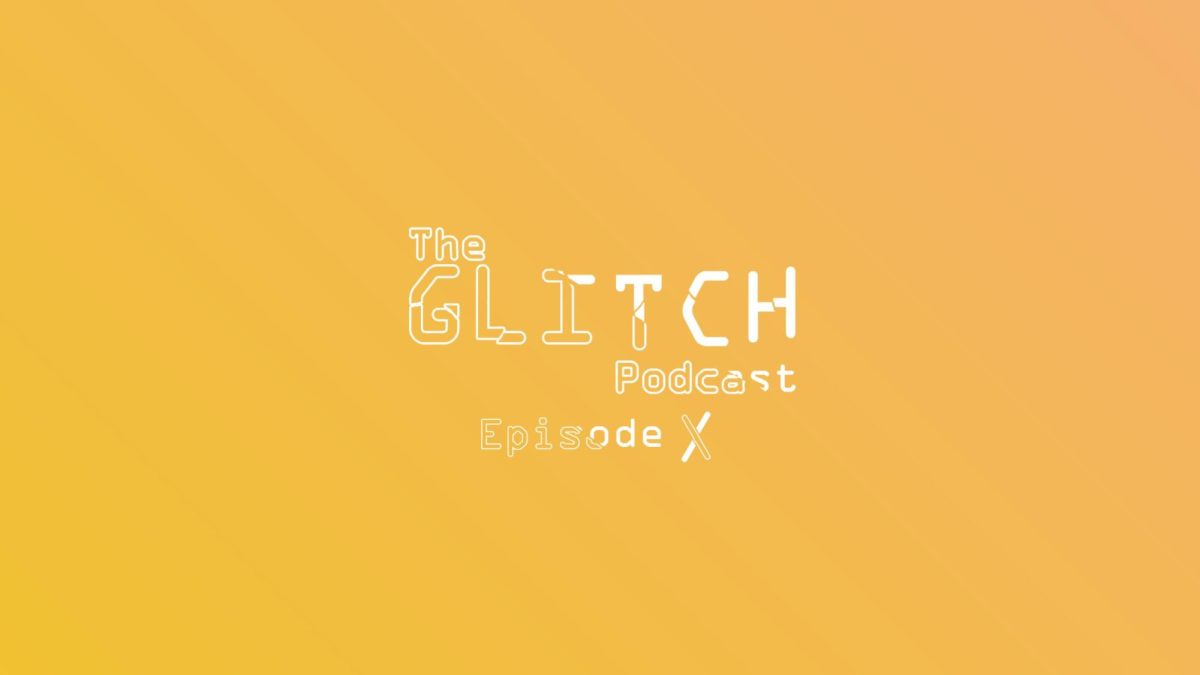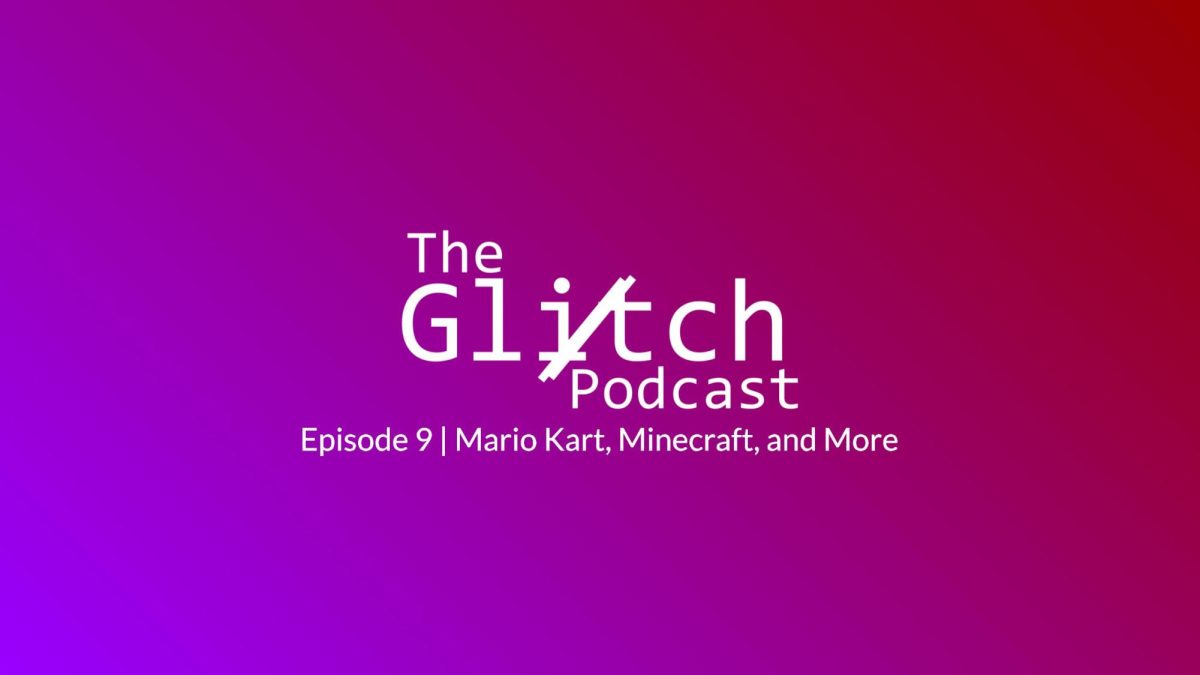Music and Mental Health
Why music is beneficial to students’ mental health.
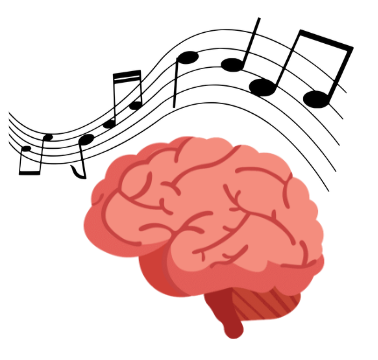
media by Maddie Leonardi
A graphic shows how music can affect listeners’ mental health.
March 2, 2023
While engaging our emotions, music allows us to feel. Feelings and emotions being one of the most unique and crucial parts of the human experience exemplifies the importance of music, especially in our culture today.
According to Musical Mum, “Music is a universal language… Since music doesn’t rely on words, it has the ability to connect two different cultures in a way that no other form of communication can.”
Music is not only a form of entertainment, but also a form of art that helps people to relax and destress. It displays what is unique in our culture today. Music is the connection between people and culture. It brings people together and creates a safe sanctuary of acceptance to those who need it.
In an environment where stress can be at an all-time high, students are looking for ways to de-stress. Music has countless benefits to not only the world around us, but our minds, too. It provides a healthy coping mechanism for when stress overtakes our thoughts. In school, social interaction takes over the majority of the day.
According to a BBC article, music creates social cohesion and brings people together, creating a barrier from social isolation. With this comes better health and well-being, improved confidence and resilience, and becomes a creative outlet. Considering that all of these factors are relevant in a school setting, clearly, music can be a helpful tool to students.
“I think that music can really calm me down when I’m feeling stressed about schoolwork,” Kelsey Quist ‘24 said. “It brings me into another world where I have no worries.”
The art of music can be very impactful on students and their mental health. It can bring forward hidden emotions that we didn’t know we had.
“I think music can evoke emotion in ways no other art form can,” Psychology Teacher John Talarico said. “Different styles of music can channel energy in different ways, too: heavy metal or hard rock can help someone process anger while a happier song can bring optimism and uplift someone’s mood. Studies show listening to rap/hip hop can increase feelings of confidence. Reading along with relatable lyrics while listening can help someone feel seen or heard. Heartbreak songs can help someone process a tough breakup. So it’s clearly powerful in many different ways for mental health.”
Music has the power to take a person’s emotions and thoughts, showing how impactful and beneficial music can be to a student’s mental health. The impact of music can be shown throughout our culture today, playing a huge role in everyone’s life. It’s the foundation of social culture and pop-culture, shaping our modern society.
“To take it a step further, some bands have managed to create an entire social subculture around their live shows that people can get lost in. It’s the ultimate rabbit hole. Phish, and previously Grateful Dead, are examples of this – every show has a different setlist with songs played in different ways, improvised on the spot,” Talarico said.
“This creates a new element for people to latch onto and many get hooked; before every Phish show you can hear fans around you speculating about what they’re going to play, which songs fans are ‘chasing,’ how it’s so-and-so fan’s 100th show, what song ‘the boys’’ are likely to open with, etc. This level of fan obsession can seem weird to some, but for others, it’s a life-enhancing hobby and escape from the stressors of everyday life.”
Music has also been scientifically proven to be beneficial to students. A study done in 2019 by the Kafkas University in Turkey (https://files.eric.ed.gov/fulltext/EJ1232294.pdf) showed that music can lower a person’s stress levels. They found this by taking a group of college students who listened to classical music every day for two months. When looking into the mind of a student, music has been proven to decrease stress, shown both scientifically and from many people’s personal experiences.
“I personally don’t know what I would do without music–it has been a huge part of my life and my mental health since I can remember,” Talarico said.
Many students share this same experience, furthering the importance of music and its influence on society and human connection as we know it.
“I think music can play a huge role in students’ lives. Music can be an escape from stress – or a gateway to processing an emotion that you need to feel to heal. Finding other people who love the same music as you can lead to lifelong friendships with someone deeply on the same wavelength as you. I wish more students understood the power of music and how much potential it has to enhance their life and bring the world around them alive in new ways,” Talarico said.
Music and its powerful force can be an escape to more comfort and connections with others. It can be uplifting and meaningful to anyone. So, the next time you feel overwhelmed and have a clouded mind, listen to music!

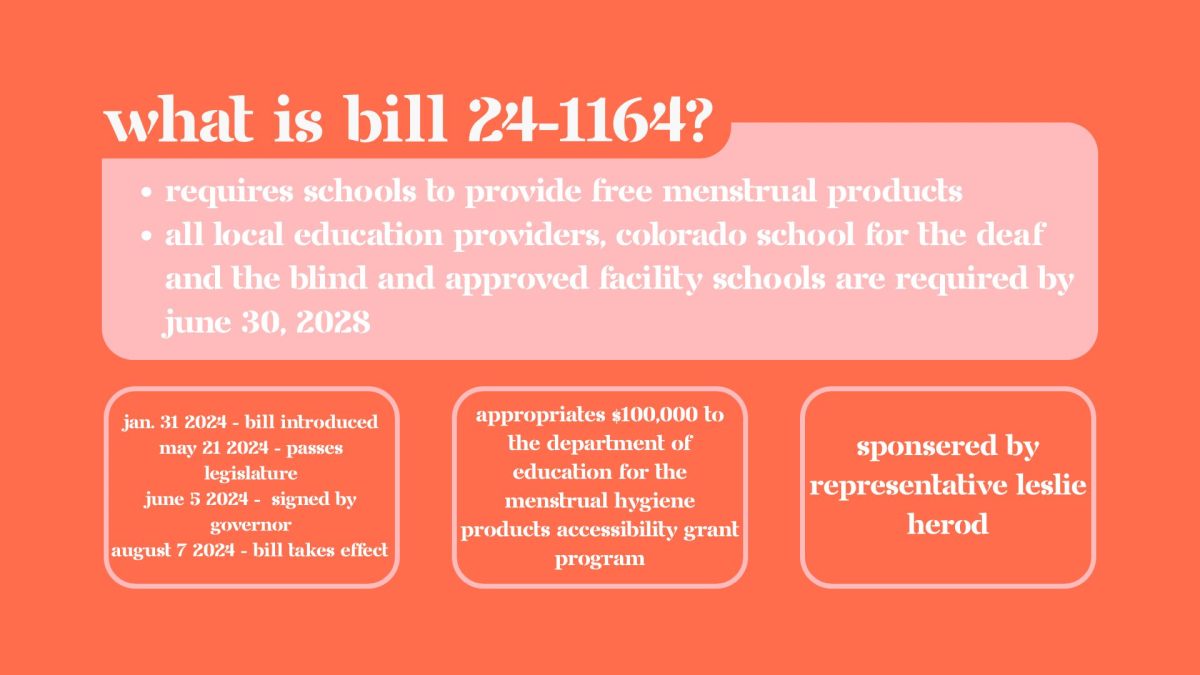

![Minutes before the Activities Fair in the gym, president Abhi Gowda ‘26 prepares the stall for his club Helping Hands, Sept. 4. A relatively new club, Helping Hands was co-started by Gowda and focuses on assisting the homeless, and just last year they succeeded in raising a couple hundred donations to send to shelters. This year, they have goals to expand, with hopes to increase volunteer opportunities and take in-person trips to shelters, as well as extend their help beyond just homeless people. “The Activities Fair gives a lot of underclassmen the opportunity to really get to know the Canyon culture, and it gives them many opportunities for service and volunteering,” Gowda said. “[Through the Activities Fair,] I hope to find a bunch of new and passionate members about our club and just get our name out there and spread awareness to the cause that we’re fighting for.”](https://rockmediaonline.org/wp-content/uploads/2025/09/1-2-1200x885.jpg)


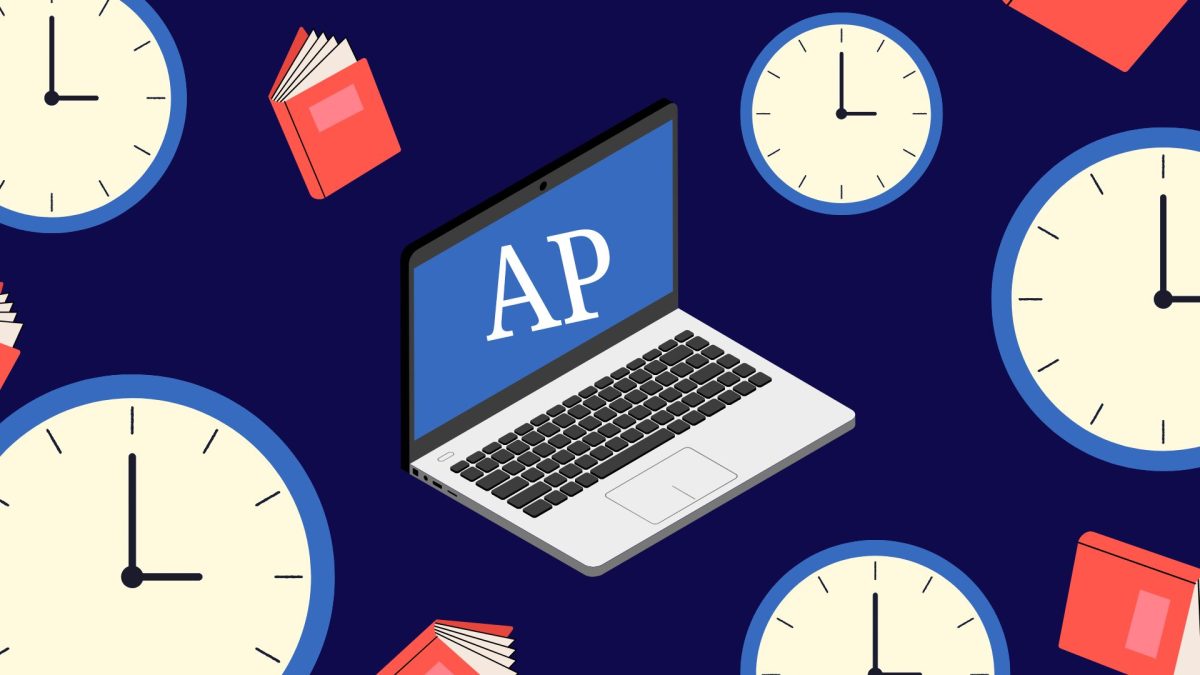




![The winter guard team makes fifth place at the state championship finals in the Denver Coliseum, March 30. The team performed to Barnes Country's “Glitter and Gold,” lead by coaches Margo Sanford, Blair Bickerton and Anna Orgren. In their class there were a total of nine groups participating, and the top five who made it to finals received a plaque. “[Walking onto the stage] is very nerve-wracking, but also very exciting as well. When you first start color guard there's a lot of anxiety and uncertainty when you first perform in front of an audience, but once you've done it for a while, it starts to become the best part of the season,” Ella West ‘25 said. “It's very fulfilling to see an audience react to something you've put your heart and soul into.”](https://rockmediaonline.org/wp-content/uploads/2025/04/Both-socal-media-nd-website-main-1-1200x846.jpg)

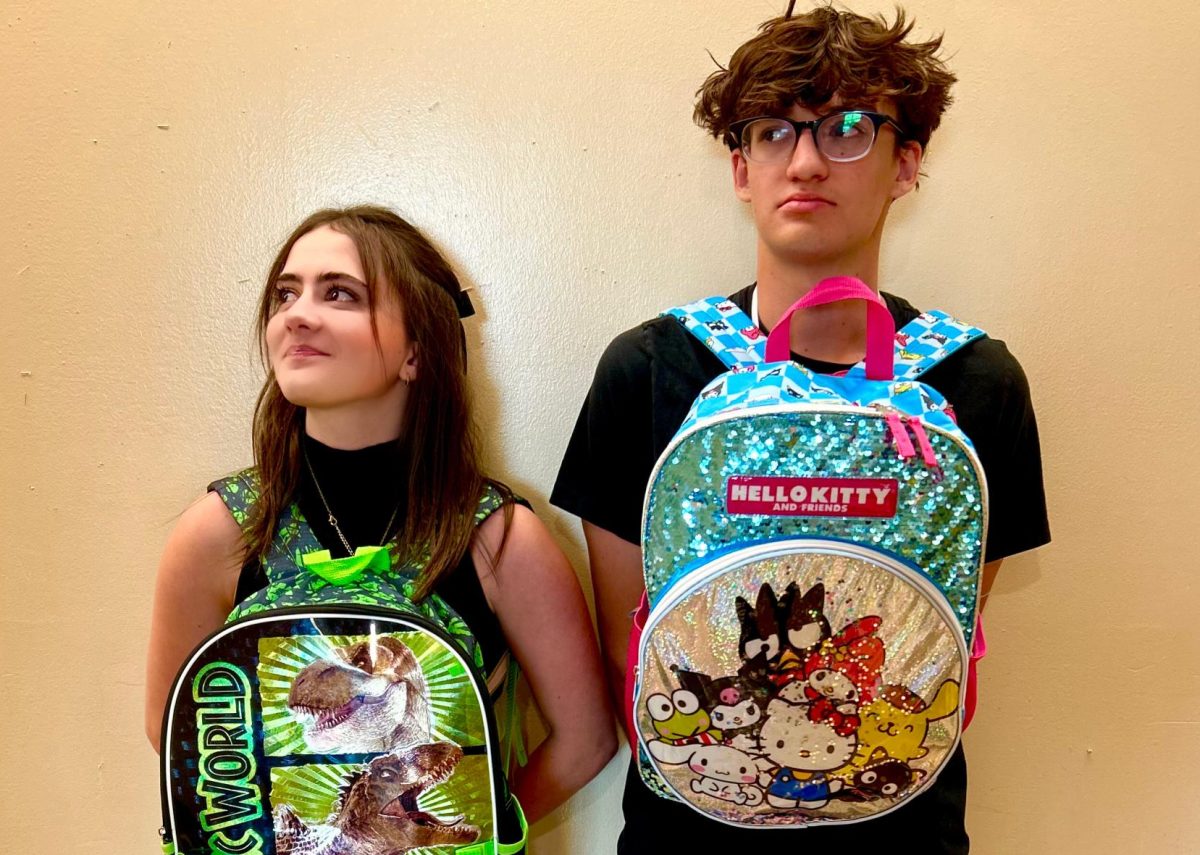
![April marks the 25th anniversary of Sexual Assault Awareness Month, created by the National Sexual Violence Resource Center (NSVRC). This month is to spread awareness of the harassment, assault and abuse that happens around the world. The symbol that represented the month was a teal ribbon; however, some survivors of assault create different symbols and movements like the TikTok trend in 2022, where survivors would tattoo Medusa on their body, in honor of her backstory in Greek Mythology. “I don't think [this month is known] at all. I rarely see anybody talk about it. I rarely see much of an emphasis on posting it online, or much discussion about it, and I feel like there needs to be way more discussion,” an anonymous source said. “I think just validating every experience that a person has gone through, regardless of the degree of it, the severity, is an essential step into making sure that people are aware that this is a very real problem in a society and that we need to do better in addressing it.”](https://rockmediaonline.org/wp-content/uploads/2025/04/IMG_0011-1200x900.jpg)

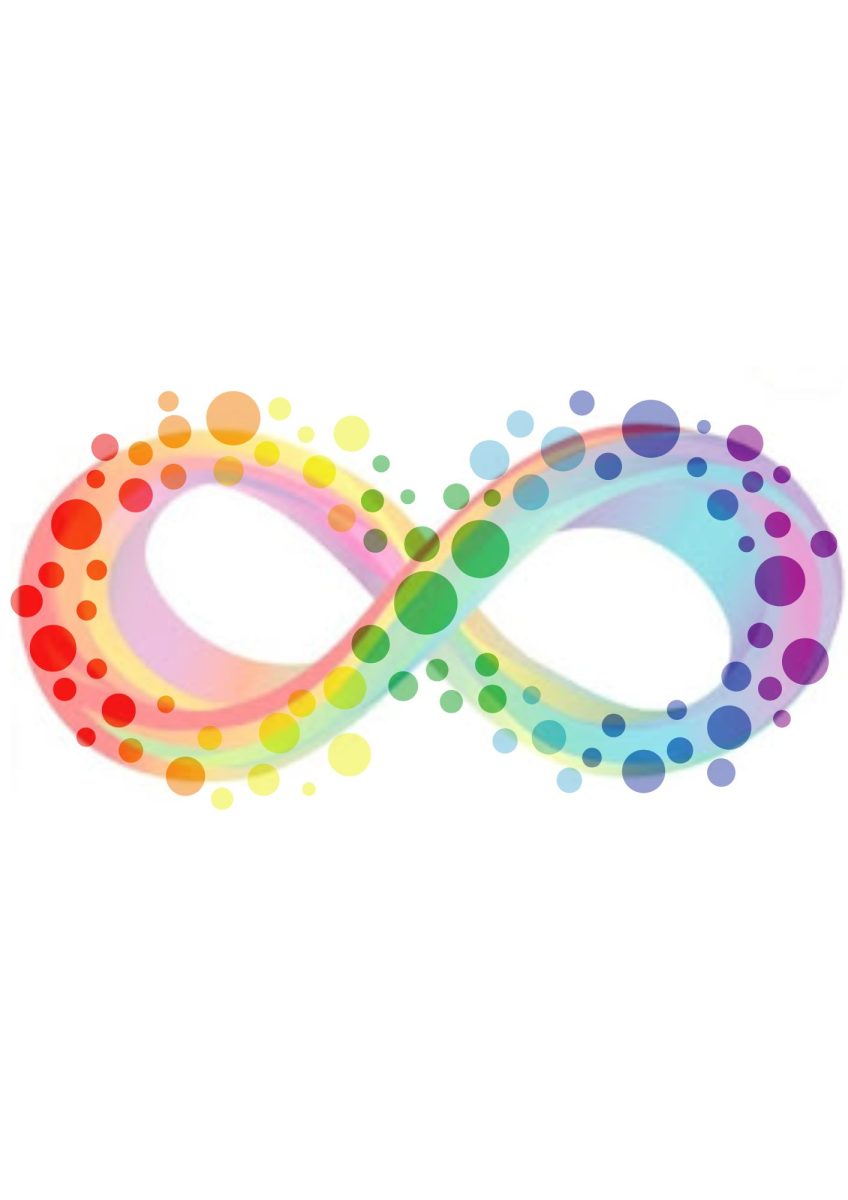
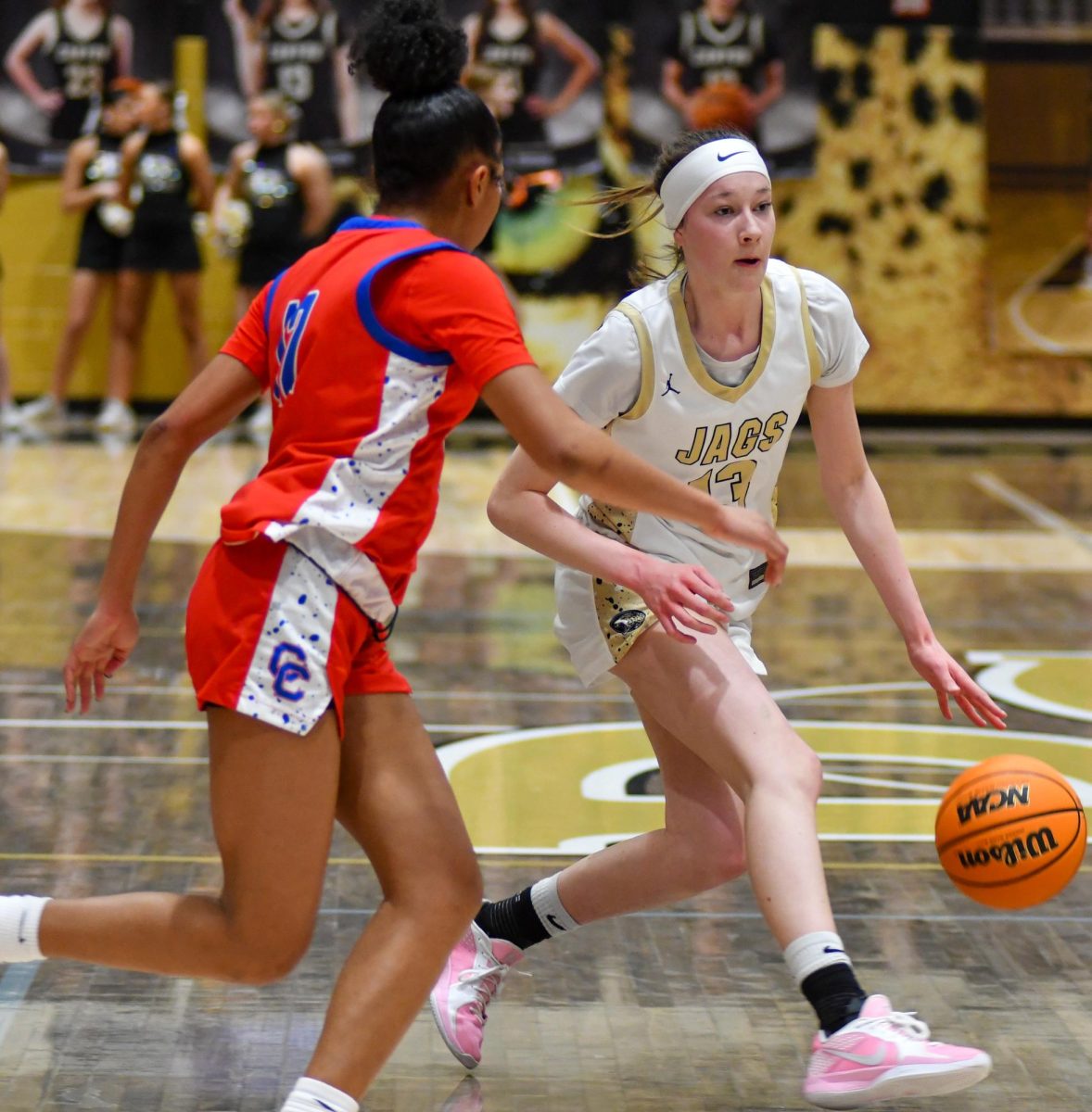

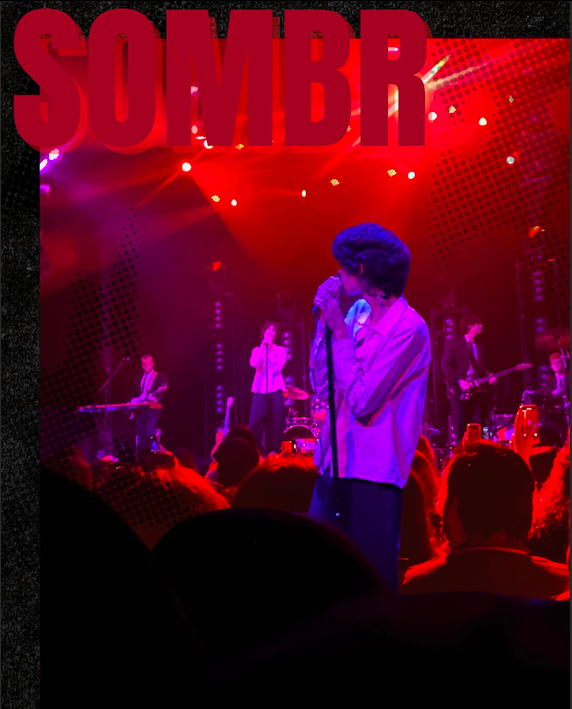

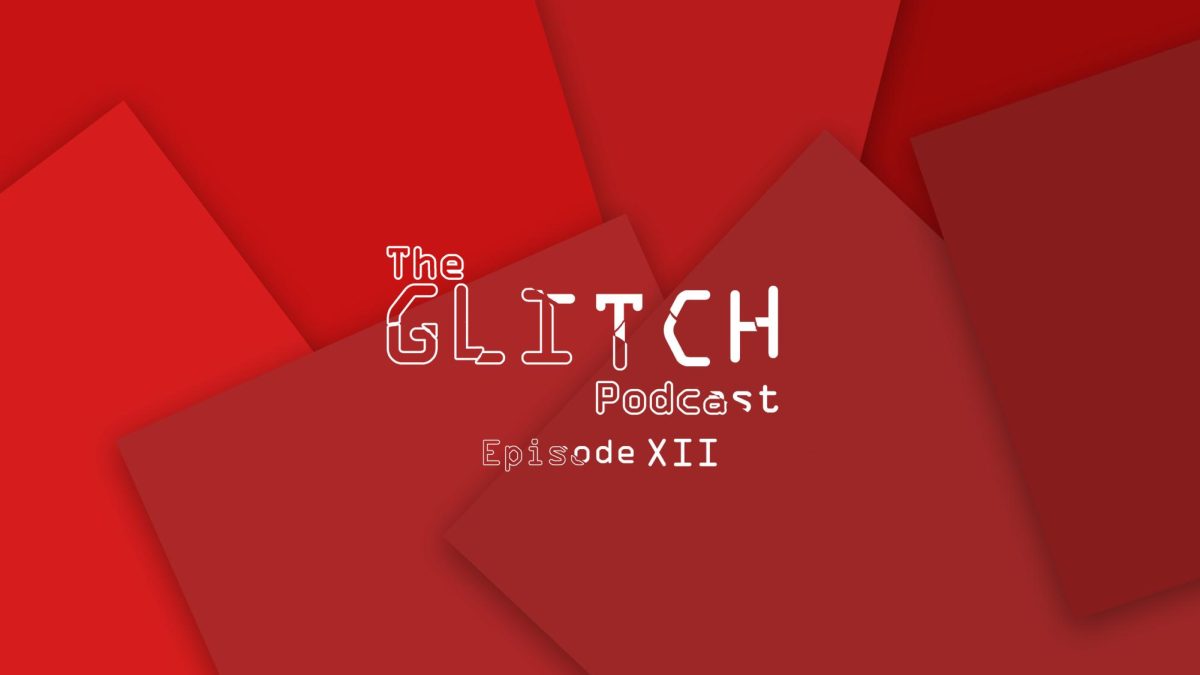
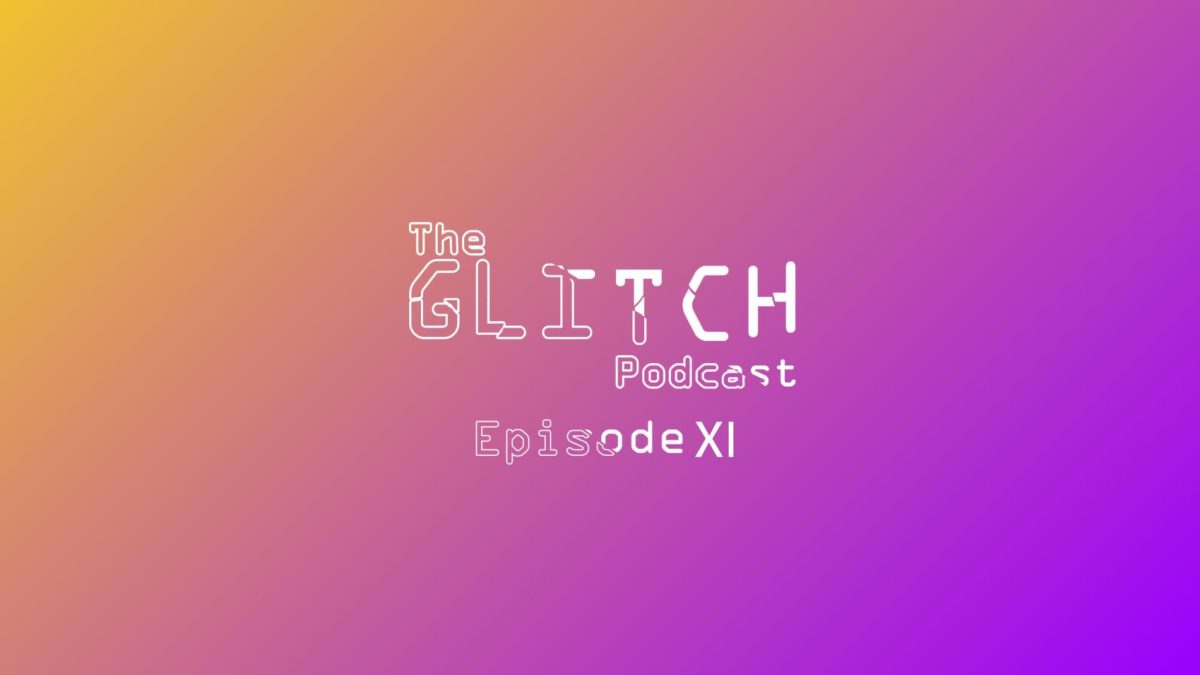
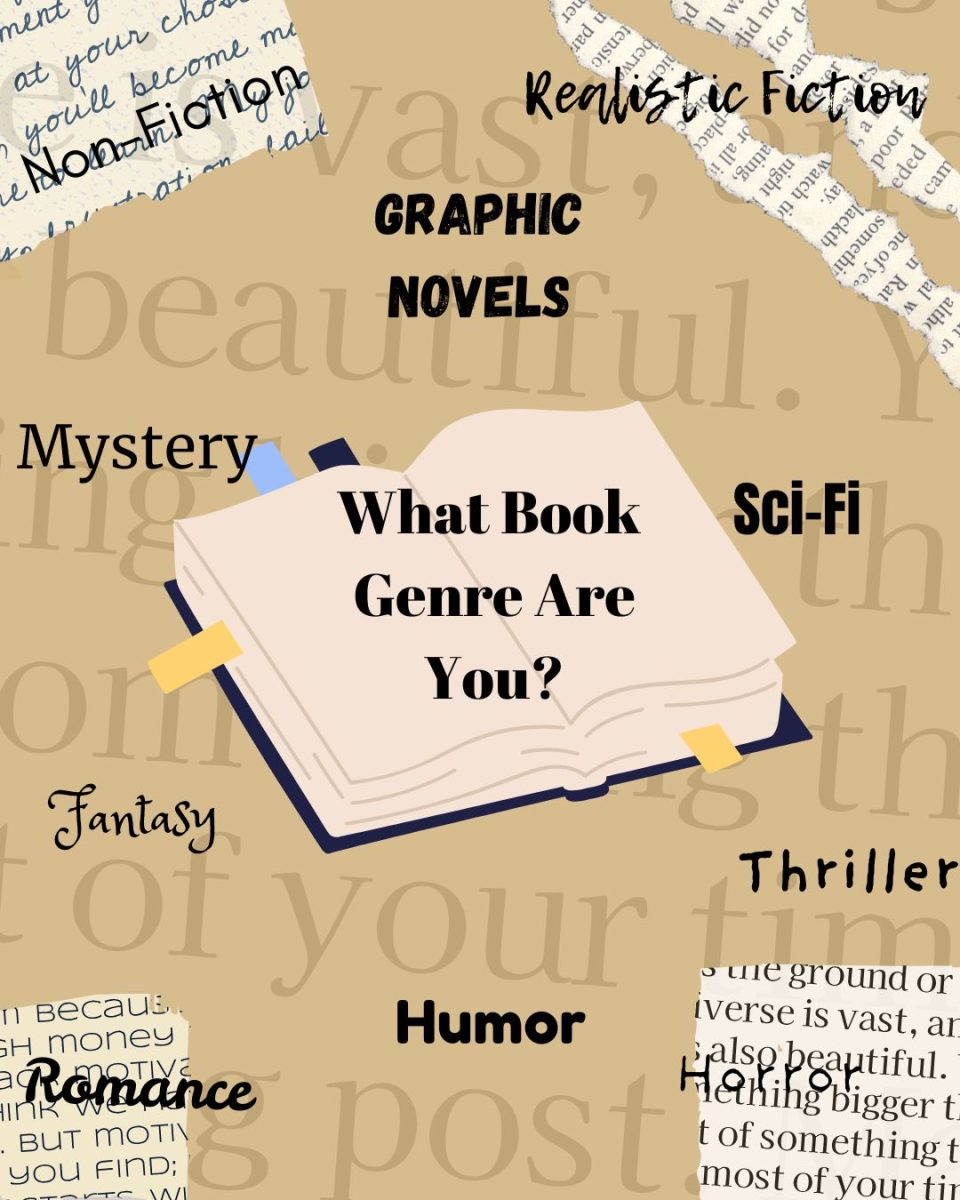
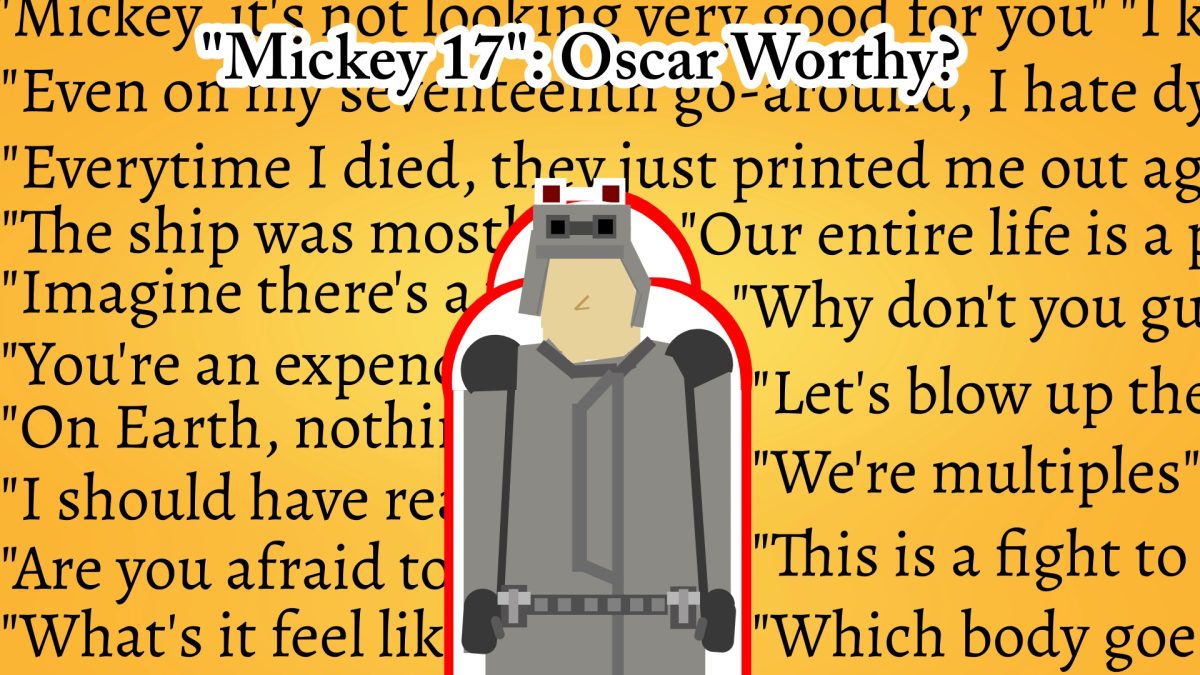


![Lesbian Visibility Day is April 26, and it’s a holiday to celebrate the lesbian community of the world. Lesbian Visibility day was established in 2008 by many queer activists and organizations who sought to raise more awareness for lesbian history and culture. “So this is why during Lesbian Visibility [Day] we celebrate and center all lesbians, both cis and trans, while also showing solidarity with all LGBTQ+ women and nonbinary people,” Linda Reily, in an article written by her, said.](https://rockmediaonline.org/wp-content/uploads/2025/04/Lesbian-Visibility-day.jpeg)
